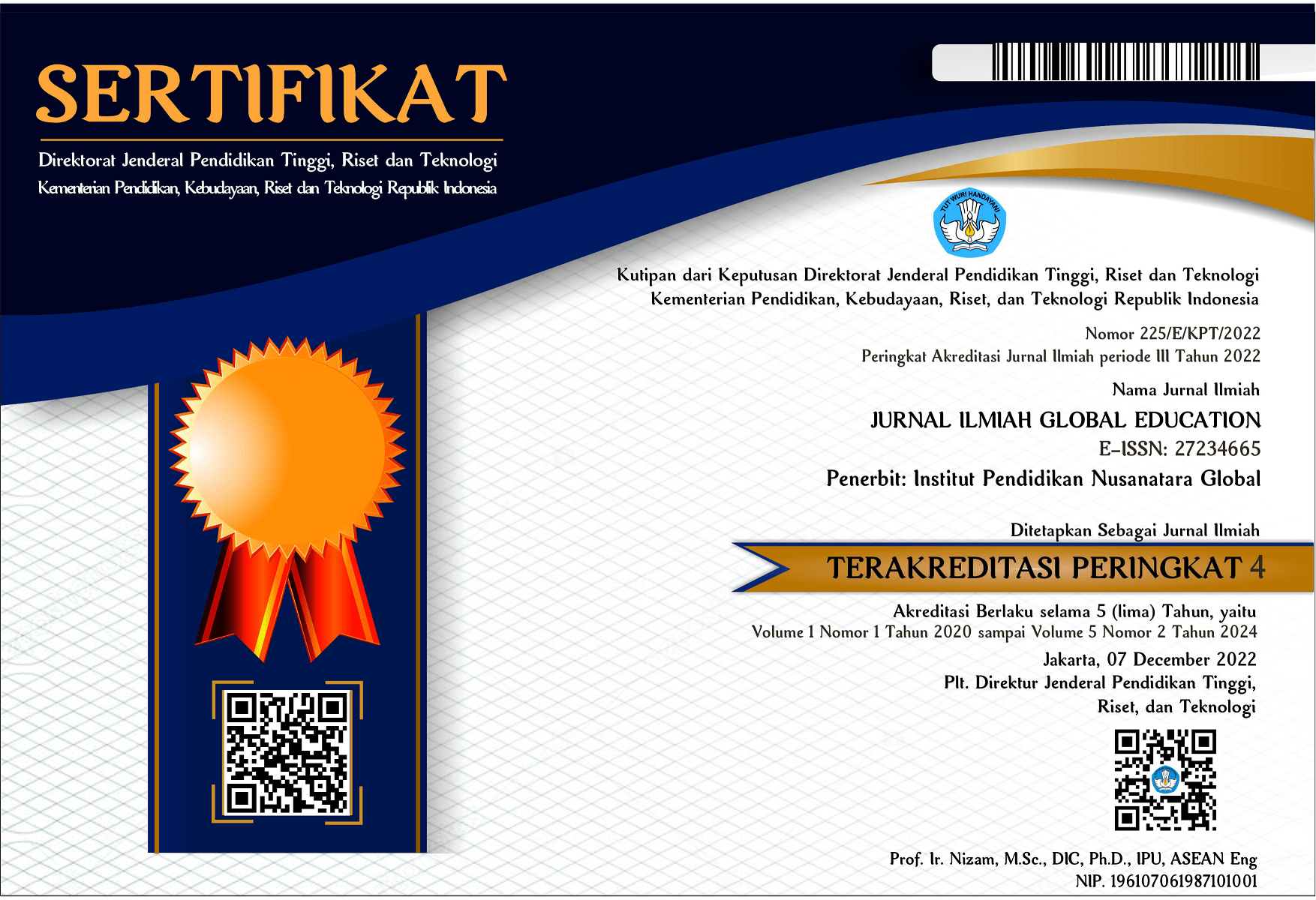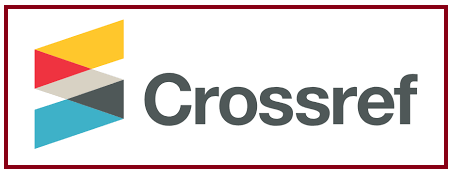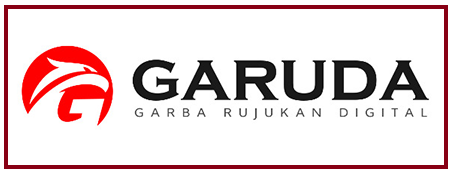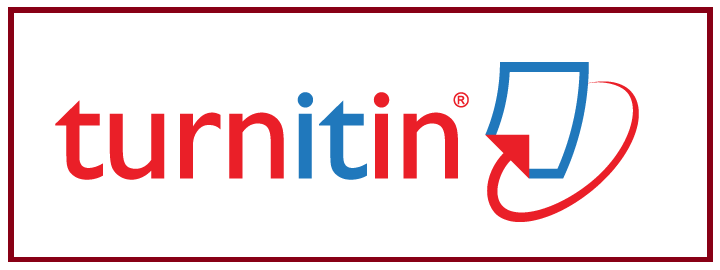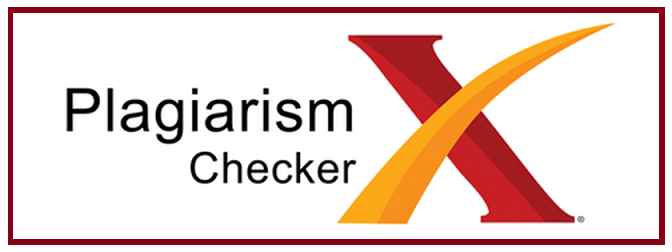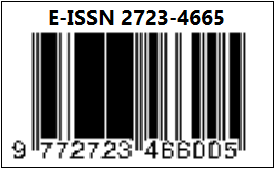THE IMPLEMENTATION OF PROBLEM BASED LEARNING ACTIVITY THROUGH ONLINE SCHOOL FIELD PRACTICE
DOI:
https://doi.org/10.55681/jige.v4i1.533Keywords:
Problem Based Learning, Online learning, School Field Practice Concept understanding, Critical ThinkingAbstract
The application of problem-based learning is a style of methodology that puts the idea of learning from facts and looking at real-world problems into practice. In order to examine mediated communication, this study used a qualitative ex experimental design using qualitative techniques. This method, known as the "qualitative experiment," makes use of in-depth interviews and focus groups under randomized stimulus circumstances that are commonly found in experimental research. In this work, observational data collecting and document analysis were the primary methods of data acquisition. This study intends to examine how problem-based learning is used in online English learning activities. Highlights from the approach's implementation initiatives include: 1) The concept grasp of the student regarding the subject matter; and 2) the student's critical thinking. These findings suggest that the qualities of the Problem Based Learning approach, namely the student's independence and social competency, had emerged.
Downloads
References
Bahri, A., Putriana, D., & Idris, I. S. (2018). Peran PBL dalam Meningkatkan Keterampilan Pemecahan Masalah Biologi The Role of PBL in Improving Biological ProblemSolving Skill. Jurnal Sainsmat, VII(2), 114– 124.
Bakhri, Syaifulloh & Supriadi. 2011. Peran problem-based learning (PBL) dalam upaya
peningkatan higher order thinking skills (HOTs) siswa pada pembelajaran
matematika. Seminar Matematika dan Pendidikan Matematika Uny 2017. Isbn. 978-602-73403-2-9 (Print) 978-602-73403-3-6 (On-Line)
Istiqamah. (2019). Perbandingan pemahaman dan kemampuan berpikir kritis melalui model pembelajaran discovery learning dan direct instruction. Chemistry education Review, 3(1), 17-30. DOI: https://doi.org/10.26858/cer.v2i2.8671.
Jalinus, N., Syahril, & Nabawi, R. A. (2019). A comparison of the problem-solving skills of
students in pjBL versus CPjBL model: An experimental study. Journal of Technical Education and Training, 11(1), 36–43. https://doi.org/10.30880/jtet.2019.11.01.005.
Kassab, S. E., Hassan, N., El-araby, S., Salim, A. H., Alrebish, S. A., Al-amro, A. S., &
Hamdy, H. (2017). Development and validation of the motivation for tutoring questionnaire in problem-based learning programs. Health Professions Education,
(1), 50–58. https://doi.org/10.1016/j.hpe.2017.03.001.
Khoiriyah, Anna Jarrotul. & Husamah. 2018. Problem-based learning: Creative thinking ability, problem-solving ability, and learning outcome of seventh grade students. JPBI (Jurnal Pendidikan Biologi Indonesia), 4(2), 151-160.
Mahasneh, A. M., & Alwan, A. F. (2018). The effect of project-based learning on student teacher self-efficacy and achievement. International Journal of Instruction, 11(3), 511–524. https://doi.org/10.12973/iji.2018.11335a.
Munawaroh. (2020). The influence of problem-based learning model as learning method, and learning motivation on entrepreneurial attitude. International Journal of Instruction, 13(2), 431–444. https://doi.org/10.29333/iji.2020.13230a
Muppudathi, G., Education, A., John, S., & College, D. B. (2014). Role of Teachers on Helping Slow Learners to Bring Out Their Hidden Skills. Ijsr -International Journal of Scientific Research, 3(2277), 98–99. https://www.academia.edu/download/34288348/Role_of_Teachers_on_Helping_Slow_Learners_to_Bring_out_their_Hidden_Skills.pdf.
Moleong, Lexy J. 2016. Qualitive Methodology
Pohan, Albert Efendi. 2020. Konsep Pembelajaran Daring Berbasis Pendekatan Ilmiah. Grobogan: CV. Sarnu.
Puspawati, N. W. N., Suwastini, N. K. A., Hutapea, J. V., Dantes, G. R., & Adnyani, N. L. P. S. (2021). Consumption and production of short film: Toward the conceptualization of multimodal language learning for developing 6Cs skills in the digital age. Journal of Physics: Conference Series, 1810(1). https://doi.org/10.1088/1742-6596/1810/1/012054
Rahayu, D. P. (2019). The Use of Contextual Learning Models to Improve Learning Outcomes in Class III Elementary Schools. MUSAMUS: Journal of Primary Education, 061-072.
Rosyidi, A. Z. (2018). The Effectiveness of Problem Based Learning (PBL) Method in Teaching Reading. IJECA (International Journal of Education and Curriculum Application), 17-22. https://doi.org/10.31764/ijeca.v0i0.1972
Rosyidi, A. Z. (2021). EFEKTIFITAS METODE PBL DALAM MENINGKATKAN PEMAHAMAN NARATIF TEXT PADA SISWA SMA KELAS X. ALINEA: Jurnal Bahasa, Sastra Dan Pengajarannya, 1(1), 1-9. https://doi.org/10.58218/alinea.v1i1.9
Samantha Wells, P. W., & Jackson., K. (2009). Problem based learning (PBL): A conundrum. Contemporary Nurse, 33(2), 191–201. https://doi.org/10.5172/conu.2009.33.2.191.
Shoimin, A. (2014). 68 Model Pembelajaran Inovatif Dalam Berkurikulum 2013. Yogyakarta: AR-RUZZ Media.
Trilling, B., & Fadel, C. (2009). 21st Century Skills: Learning for Life in Our Times. John Wiley & Sons, Inc.
Uliyandari, M., Emilia Candrawati, Anna Ayu Herawati, & Nurlia Latipah. (2021). Problem-Based Learning To Improve Concept Understanding and Critical Thinking Ability of Science Education Undergraduate Students. IJORER: International Journal of Recent Educational Research, 2(1), 65-72. https://doi.org/10.46245/ijorer.v2i1.56
Uliyandari, Mellyta & Elly Effrida Lubis. (2020). Penerapan Model Pembelajaran Inkuiri dengan Media alat peraga (Gunung Berapi) Pada Mata Pelajaran IPA SDN 013 Bengkulu Utara. PENDIPA Journal of Science Education, 4 (2), 74-78. https://doi.org/10.33369/pendipa.4.2.74-78
Downloads
Published
How to Cite
Issue
Section
License
Copyright (c) 2023 JURNAL ILMIAH GLOBAL EDUCATION

This work is licensed under a Creative Commons Attribution-ShareAlike 4.0 International License.


